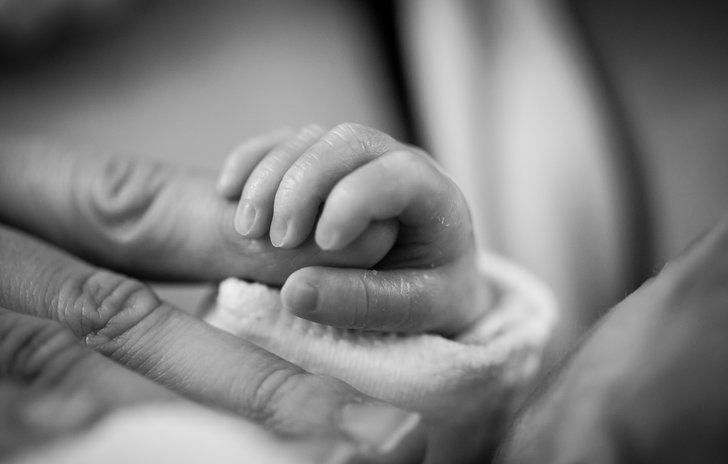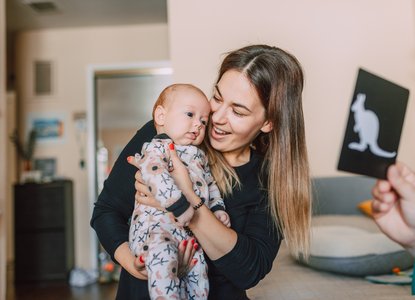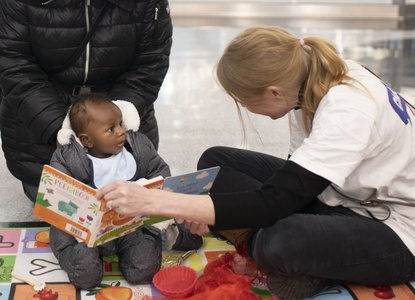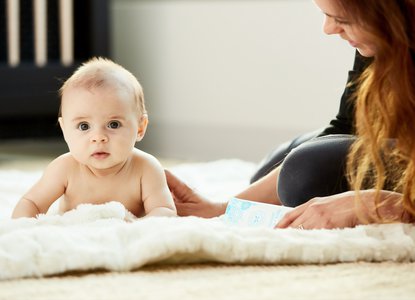Talking and listening to children from the moment they are born helps them develop. This is especially true for babies who are born prematurely.
When a child is born prematurely, they might spend some time in the neonatal unit at hospital. Talking to your baby from day one will help the two of you get to know each other. The stimulation of your voice will help your baby develop and bond with you in the early days.
Premature babies will get tired more quickly and sleep more, but there are ways to communicate with your baby, touch and sound are particularly important.
Babies can communicate before they start talking. As soon as your baby is born, they can recognise the sound of your voice.
Tips for talking to your premature baby
- Kangaroo Care is when your baby is placed skin-to-skin on your chest. The contact will help to form a bond between you. Talk quietly and take time to listen to them – if they make noises try to respond.
- When you are ready, care staff will support you to do some routine tasks such as nappy changing, tube feeding, or bath time. This is a great time to talk to your baby about what you are doing or sing to them as you are doing it.
- When your baby is very small, they will like to grasp your finger and enjoy the feeling of your hands on their body.
- Call them by their name. The sound of your voice will help relax and soothe them.
- As the weeks go by, your baby will look at you for longer and see your face more clearly. Smile and respond to your baby.
- It’s never too early to read a story! Choose a baby book and read. Your voice will help your baby relax and fall asleep.
- Like adults, babies don’t always feel like being sociable. If your baby starts to hiccough, look away or yawn, these are signs they need to rest.




